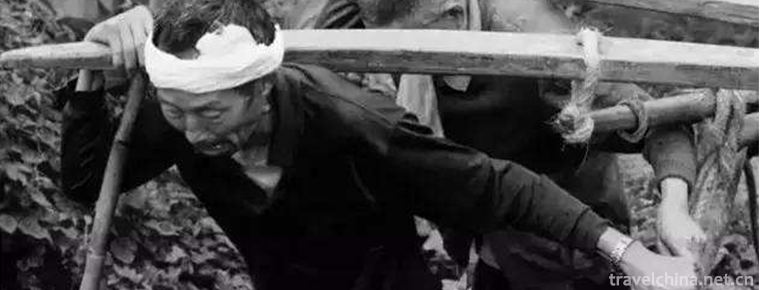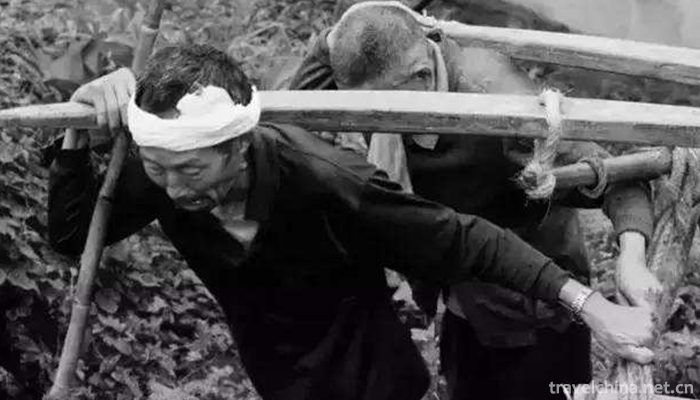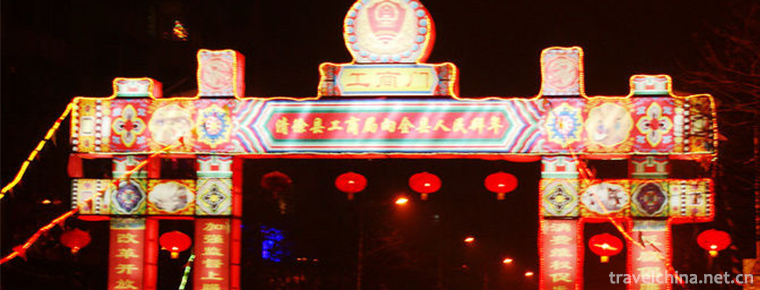2019-04-28

- By ChinaWiki.net
- Chinese Edition
- 2019-04-03
Carrying a number
Handling trumpets is one of the trumpets of traditional folk songs. It is popular in many fields, such as manual workers, such as loading and unloading, lifting, pushing and pulling goods.
On June 7, 2008, the carrying number was approved by the State Council to be included in the second batch of national intangible cultural heritage list.
Basic categories
According to its labor characteristics, the trumpets can be basically divided into three categories:the trumpet trumpet trumpet trumpet trumpet trumpet trumpet trumpet trumpet trumpet trumpet trumpet trumpet trumpet trumpet trump
(1) Loading and unloading numbers, which are well known in Dalian, Tianjin, Qingdao, Shanghai, Guangzhou and other places, such as crane number, shoulder number, baggage number, etc.
Second, the number of carts, such as "whistle on the flat road of the cart" in Chengdu, Sichuan, the number of pulling cart in Anhui Province, and the number of the cart in Tianjin, etc.
(3) Pick up the number, including the basket number, shoulder number, unloading number, loading number, carrying rod number and so on. Comparatively distinctive are Shanghai's "Four Combinations" and Sichuan's "Hardware Whistle Carrier" in Zigong.
Pragmatic value
Because of the high intensity of handling labor and close cooperation, the chant has strong practicability, and most of the lyrics are labor calls, with few meaningful words. Most of them are lead and form, while a few are singing alone or in pairs.
Artistic characteristics
Its musical characteristics are as follows:
Since it is always singing in the process of walking back and forth, the rhythm, rhythm and speed of the chant must be in harmony with the pace of labor.
(2) High-pitched, loud, strong breath, with the characteristics of shouting and calling. The phrases are short, collar, and compact.
(3) The composition of music is simpler, the change of structure is less, and the form of music is simple. The rhythm is regular. The rhythm is mainly 2/4. Some of them alternate 2/4 with 3/4 and 4/4.

Ask a Question
Your email address will not be published.



0 Questions